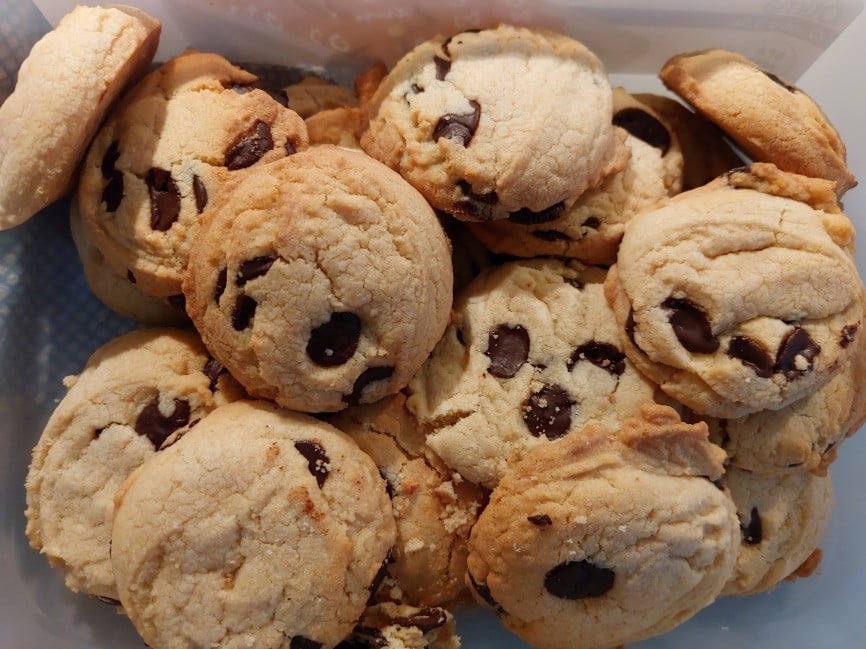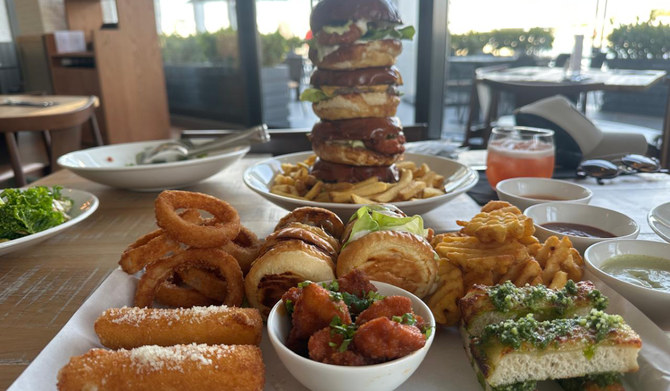Monitoring Desk
If, like many, you’ve struggled with sleep during the pandemic, it’s worth considering the role food and drink choices play in your sleep patterns. Many things can affect your slumber, including routine, stress, exercise and daylight – and diet plays a part too. “Although there’s little evidence you can eat yourself to sleep, diet can certainly impact it negatively”, says sleep expert Professor Kevin Morgan.
Irregular mealtimes can affect sleep
“What keeps our sleep in sync is regularity of habit”, says Morgan. Your body has an internal clock, called the circadian rhythm, which is specific to you and what you’re used to. Mealtimes are important “time cues”, telling it how to synchronise in relation to night and day, he explains. “If you disrupt your circadian rhythm you will disrupt your sleep.”
There’s no ‘one size fits all’ meal time, but it’s important to eat at a time your body’s comfortable with and keep meal timings consistent. Everyone deviates from their usual eating pattern every now and again, but your rhythm will “recover in a couple of days”, says Morgan.

A diet rich in nutrients could be beneficial for sleep. Research finds adults who don’t get enough sleep are more likely to have a lower intake of calcium, magnesium and vitamin D. Among adults over 50, there is also a correlation between poor sleep and reduced intake of vitamins C, D, E, and K. It’s not clear whether short sleep times are caused by the low intake, or those with poor sleep are less likely to eat a well-balanced diet, or a combination of both.
What you eat also feeds the trillions of bacteria in your gut. Research suggests having diverse microbes in your gut may improve sleep for some people. To boost your microbiome, gut-health experts including Professor Tim Spector of King’s College London and Dr Megan Rossi, The Gut Health Doctor, advise eating at least 30 different plants over a week – a mixture of nuts, pulses, grains, seeds and herbs, as well as fruit and vegetables. Eating plenty of high-fibre foods and some probiotics, and avoiding highly-processed foods, are good guidelines. You can read more about eating for a healthy gut and the benefits on BBC Food.
The effects of having caffeine too late
Half the caffeine you consume remains in your system five to six hours after drinking it, a quarter after 10 to 12 hours. Caffeine blocks the receptors of the chemical adenosine, which promotes feelings of tiredness, and this can affect your ability to fall asleep. Even if you get to sleep, caffeine can decrease the amount of restorative deep sleep you have, and “you can wake up the next morning and not feel refreshed”, says sleep scientist Professor Matt Walker. It’s worth remembering that as well as tea, coffee and energy drinks, chocolate contains caffeine, though cocoa contains much less than coffee.

“Alcohol is perhaps one of the most misunderstood sleep aids”, says Walker. It’s a sedative, but sedation is very different from natural sleep. Sedation switches off the “firing of the brain cells”, but during normal deep sleep the brain creates massive brain waves with “incredible coordination of hundreds of thousands of cells”, he explains. Alcohol can also block rapid eye movement (REM) sleep, the stage when you dream, which “benefits emotional and mental health, even creativity”. It can also trigger the “fight or flight branch of the nervous system” while you sleep, which can wake you up more frequently during the night.
Morgan advises that “any dietary adjustments you make to improve your sleep will be eclipsed by the impact of alcohol”, though he adds that a very small amount may not have an impact.
Drinking lots of liquid before bed can impair sleep
The Eatwell Guide advises drinking six to eight glasses of fluids a day. It’s important to hydrate throughout the day, but it’s advisable to reduce the amount you have near bedtime if you often wake up in the night needing a wee.
Whether sleepy drinks, such as herbal remedies or hot milk, help you sleep usually depends on your habits, according to Morgan. “People who normally drink hot milk before bed may have a worse night’s sleep if they are deprived of it, but those who don’t may have their sleep impacted if they are given it.” Chamomile, often drunk in the form of a tea, has been shown to help with anxiety, insomnia and other sleep problems, and chamomile tablets are available if you don’t want a late night drink.
Speak to your GP if reducing drinks before bed doesn’t stop you waking up several times in the night needing a wee.
Courtesy: BBC








